Empathy Before Education
“I regretted how often in the past I’d rendered children incompetent by stepping in too soon.” ~ Tom Hobson
This sentence from the Teacher Tom blog jumped out at me.
I wond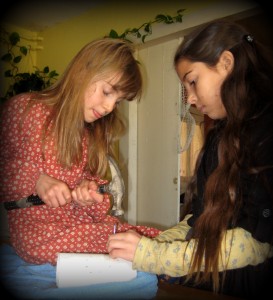 er how often we render children incompetent by stepping in too soon. I wonder how often we render anyone incompetent by stepping in too soon.
er how often we render children incompetent by stepping in too soon. I wonder how often we render anyone incompetent by stepping in too soon.
I’ve noticed in my time working with children that we so often per-determine their capabilities or lack there of and step in before we have really gauged or let them demonstrate what their actual abilities are. (read Are Your Beliefs About What Kids Can Do Limiting Them? for more)
What I’ve discovered when I have the patience and presence to step back is that they are either a lot more capable than I have given them credit for or that the space I allow for them to grapple with their own problems and test their own confidence is exactly what they need to develop competence and capability.
Most of us, adults included, like the space to explore and discover on our own. When someone steps in to guide, assist or help before we are ready, it can feel frustrating and can undermine our trust in our own abilities. Imagine how this is for children where this has become pretty much normal and routine.
Where in your life do you render others’ incompetent by stepping in too soon?
What would happen if you could step back and give a little more space for exploration, for failure even?
Because you know what? Failure is a part of learning. We tend to learn a lot more through our own exploration, trial and error, and even failure than we often do if someone just shows us how to do something. (Though, sometimes we might want that as well!) As we explore for ourselves, we get the nuance of the tasks, the deeper understandings of what works and what doesn’t and why. When someone just shows us, we may miss out on those deeper understandings. We miss, and kids especially miss, the satisfaction of “I figured it out all by myself”. That can be a huge confidence booster.
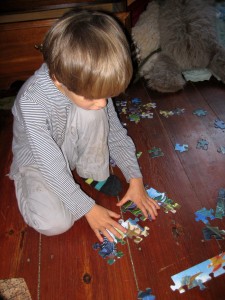 One of the adages of Non-Violent Communication that I find so incredibly useful in so many instances, including the tendency to step in too soon is “Empathy Before Education”.
One of the adages of Non-Violent Communication that I find so incredibly useful in so many instances, including the tendency to step in too soon is “Empathy Before Education”.
Essentially what this means is before you offer suggestions, advice or step in to someone else’s exploration, you create connection around what is happening for them. I’ve found that the difference to people’s receptivity when I’ve connected with them first rather than just offering my advice or suggestions makes it extremely more likely that they will be open to hearing what I have to say. They are also much more likely to experience it as a contribution. It shows a kind of acknowledgment and respect for them and their process which is so often missing when we just step in with our own perspective, advice or opinion.
I’m guessing we’ve all heard the expressions of displeasure for Unsolicited Advice. Probably most of us at some moment or other have cringed inside upon receiving it.
Wouldn’t you rather not be contributing to others’ internal cringe?
The next time you are about to step in to what someone else is doing with advice, suggestion, education etc., take a moment to think about the impact it may have on them.
-
Are you giving them the space to learn, discover and explore on their own?
-
Is your desire to engage based on your impatience or frustration at their incompetence or do you really wish to make a useful contribution?
-
Can you connect with them and what’s going on for them before you step in with advice or suggestions?
AND once you’ve established a connection, ASK them if they are open to your feedback or suggestions. Yes, ASK if they would like to hear your advice, knowledge, perspective, way to do something . Be willing to hear NO otherwise you are just imposing yourself on them.
(One place where this might not apply is if your stepping in is paramount to their or someone else’s safety or if irreparable harm would be done if you don’t step in- like someone would get hurt or something would be damaged or broken)
Here is how it might go:
Make a specific observation, what is happening that you are noticing? What is it that you think could work better? Name the problem or challenge as you see it. I’ve noticed____________________
I’ve noticed that you’re holding up your shorts while you run…
That the carrots keep rolling of the cutting board when you cut them…
That your body keeps sinking as you’re trying to swim…
Then connect to what might be going on for them in relationship to that observation. I’m guessing you might be (feeling)_____________ because you would like (what needs are connected to those feelings?) ________________
I’m guessing you might be feeling a bit frustrated because you would like to have an easier time running…
Sometimes you can even just skip the feeling and go straight to the need:
I wonder if you might enjoy more efficiency in your carrot cutting
I’m guessing you might really enjoy greater success with your swimming
Then let them know you would like to share something and ask them if they want to hear:
I have an idea…
There’s something that has helped me in this situation…
I’ve learned some tricks I think could help…
I have something I’d love to share because I think it could help you and it really helped me…Would you like to hear it?
Then WAIT to hear their answer before you launch in to your suggestion or explanation. If they say no, give them space to continue with their own exploration. Maybe at another time they’ll want your guidance or to hear your suggestions. For now, they are busy discovering and learning on their own.
Make a habit of asking permission or at least really paying attention and listening before you step in. Take a moment to connect with your intention. Is coming from impatience or out of a desire to contribute to them? What messages are you sending, what are the intended and unintended consequences of your actions? Checking in in this way, you’re much less likely to render others incompetent by stepping in too soon.
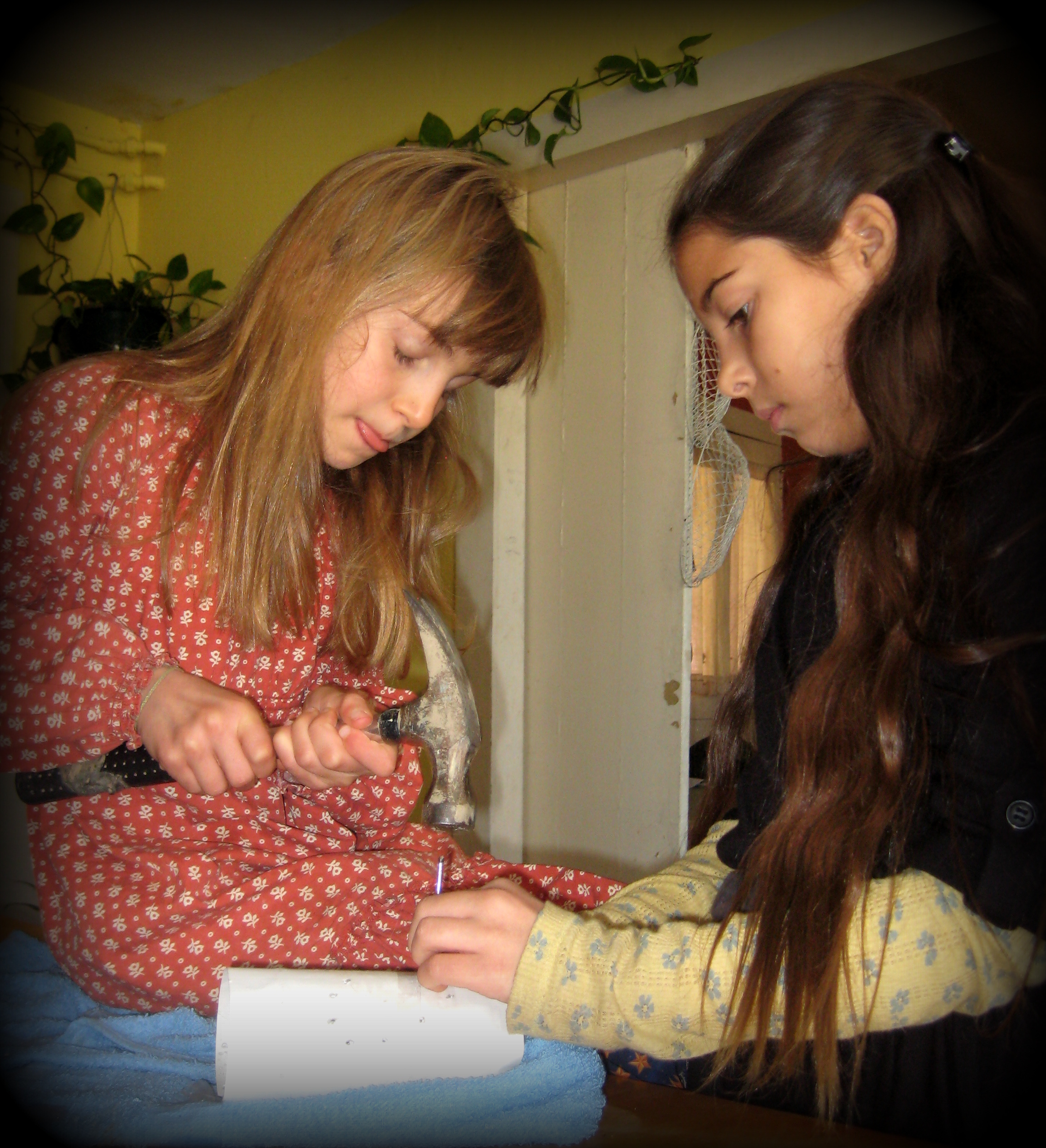
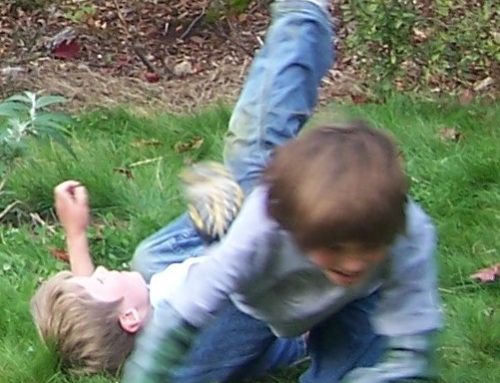
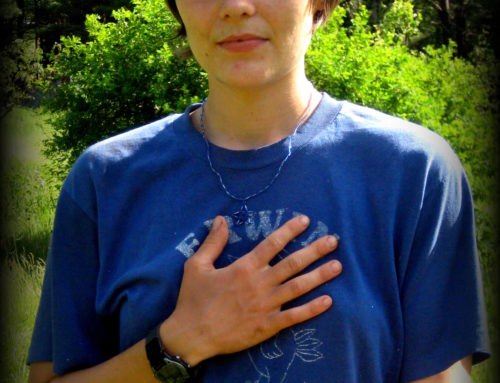
Leave A Comment